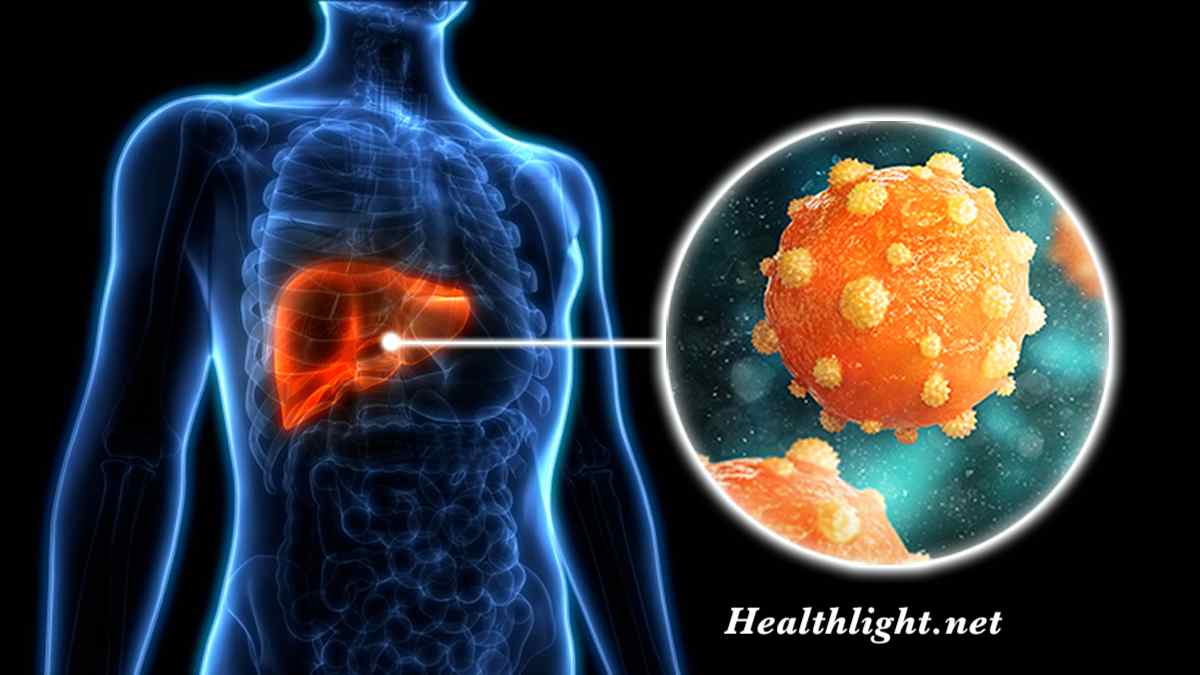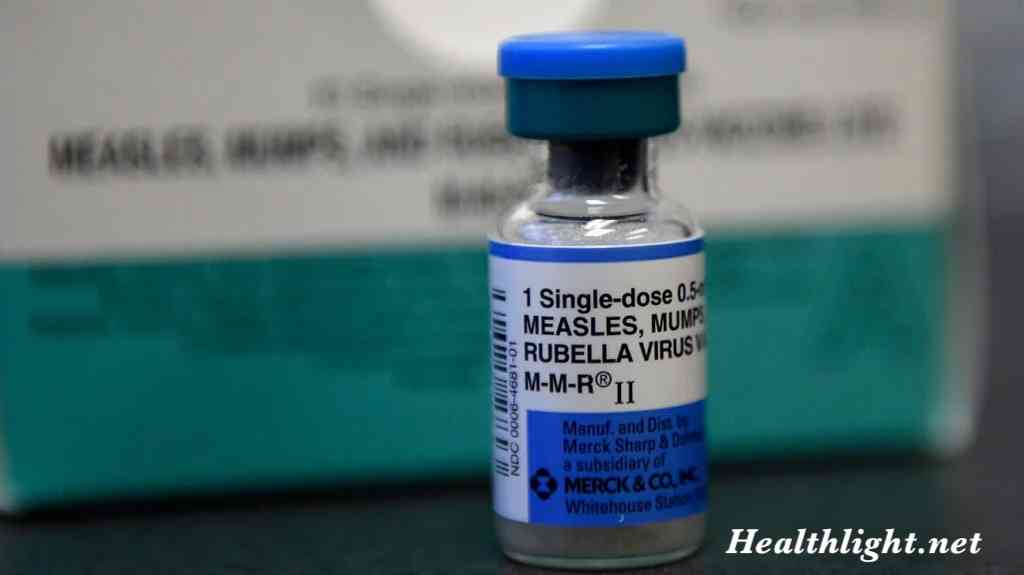Hepatitis B is a viral infection that affects the liver and can lead to both acute and chronic disease. It is one of the most common infectious diseases worldwide, and millions of people are living with it today. The good news is that Hepatitis B can be prevented through vaccination, and effective treatments are available for those who are infected. In this guide, we will explain what Hepatitis B is, how it spreads, its symptoms, treatment options, and prevention methods.
What Is Hepatitis B?
Hepatitis B is a liver infection caused by the Hepatitis B virus (HBV). The virus attacks the liver, causing inflammation and, in severe cases, long-term liver damage such as cirrhosis or liver cancer.
- Acute: A short-term infection that lasts less than 6 months. Many people recover fully.
- Chronic: A long-term infection that lasts more than 6 months. It can lead to serious health problems if untreated.
According to the World Health Organization (WHO), more than 250 million people worldwide live with chronic Hepatitis B.
Symptoms of Hepatitis B:
Many people with Hepatitis B do not show symptoms, especially during the early stages. However, when symptoms do occur, they may include:
- Fatigue and weakness.
- Fever.
- Loss of appetite.
- Nausea and vomiting.
- Abdominal pain, especially near the liver (right upper side).
- Dark-colored urine.
- Clay-colored stool.
- Yellowing of the skin and eyes (jaundice).
- Joint pain.
In acute cases, symptoms appear within 1-4 months after exposure. In chronic cases, symptoms may not appear until liver damage is advanced.
How Hepatitis B Is Transmitted?
It spreads when blood, semen, or other body fluids from an infected person enter another person’s body. Common modes of transmission include:
- Mother-to-child: During childbirth, if the mother has HBV.
- Unprotected sex: With an infected person.
- Sharing needles or syringes: Common among people who inject drugs.
- Blood transfusion (rare today): Safer now due to screening, but still a risk in some areas.
- Sharing personal items: Such as razors or toothbrushes contaminated with blood.
- Occupational exposure: Health workers are at risk through needle-stick injuries.
It does not spread through casual contact like hugging, kissing, sharing food, or sneezing.
Who Is at Risk?
Some people have a higher risk of getting HB, such as:
- Infants born to infected mothers.
- People with multiple sexual partners.
- Healthcare workers are exposed to blood.
- People who inject drugs.
- People living with someone who has chronic Hepatitis B.
- Travelers to regions with high HBV rates (Asia, Africa, and parts of South America).
Diagnosis of Hepatitis B:
Doctors use blood tests to diagnose HB:
- HBsAg (Hepatitis B surface antigen): Shows active infection.
- Anti-HBs (surface antibody): Indicates immunity after recovery or vaccination.
- HBV DNA test: Measures the amount of virus in the blood.
- Liver function tests: Check for liver damage.
In chronic cases, imaging tests (ultrasound, FibroScan) or a liver biopsy may be done.
Treatment of Hepatitis B:
Treatment depends on whether the infection is acute or chronic.
Acute:
- No specific medication is required.
- Supportive care rest, fluids, and proper nutrition.
- Most people recover fully within a few months.
Chronic:
- Requires long-term medical care.
- Antiviral medications (such as tenofovir or entecavir) help control the virus and prevent liver damage.
- Regular monitoring of liver function and viral load.
- In advanced cases, liver transplantation may be needed.
While chronic Hepatitis B cannot always be cured, treatment helps people live long and healthy lives.
Prevention of Hepatitis B:
The best way to prevent HB is through vaccination.
- The vaccine is safe and effective, given in 2–3 doses.
- Newborns should receive the first dose within 24 hours of birth.
- Adults who are at risk (health workers, travelers, etc.) should also get vaccinated.
Other prevention methods include:
- Using condoms during sex.
- Not sharing needles, razors, or toothbrushes.
- Wearing gloves when handling blood.
- Ensuring blood products are screened before transfusion.
Living with Hepatitis B:
If you have chronic HB:
- Follow your doctor’s treatment plan.
- Avoid alcohol, as it worsens liver damage.
- Eat a balanced diet and exercise regularly.
- Get regular check-ups for liver health.
- Inform family members so they can get tested and vaccinated.
FAQs About Hepatitis B:
Can Hepatitis B be cured?
Acute HB often clears on its own. Chronic Hepatitis B can’t always be cured, but antiviral treatments can control it.
Is the vaccine effective?
Yes, it provides over 95% protection against infection.
How long can Hepatitis B live outside the body?
The virus can survive up to 7 days outside the body on surfaces.
Can I donate blood if I had Hepatitis B?
No, people who have had HB should not donate blood.
Conclusion:
Hepatitis B is a serious but preventable disease. With proper vaccination, safe practices, and timely treatment, millions of lives can be saved every year. If you think you may be at risk, talk to your doctor about testing and vaccination. Remember, Early diagnosis and prevention are the keys to defeating Hepatitis B.







